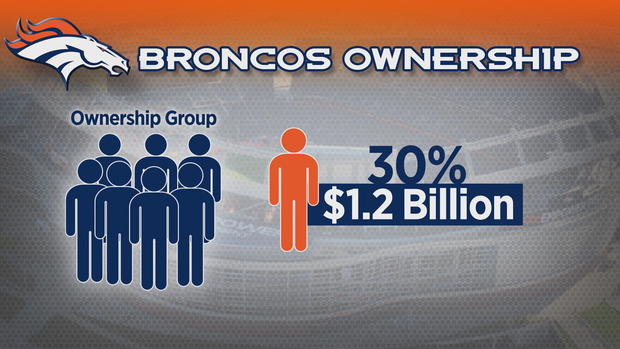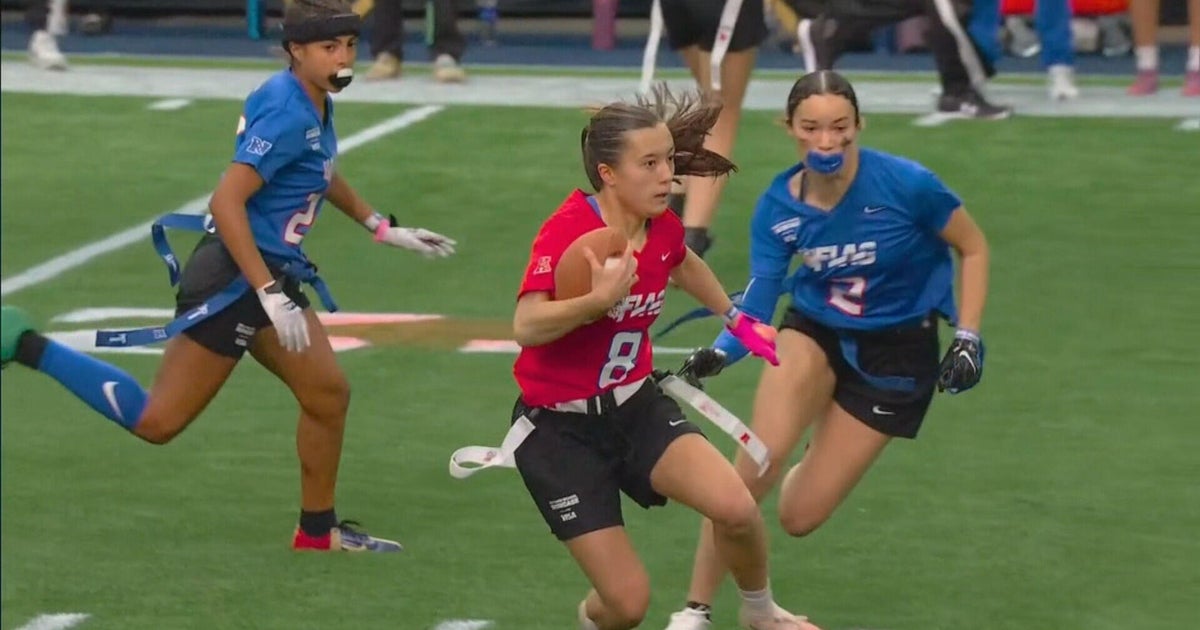NFL Rule Scrutinized For Limiting Potential Team Bidders
DENVER (CBS4) - In the more than 100-year history of the NFL, there has never been a Black primary owner of a franchise. It's something commissioner Roger Goodell has said he'd like to see change.
The upcoming sale of the Denver Broncos could be the next opportunity.
"We would love to see a diverse owner of the team, whether that's a person of color, a female, or a Black man, we think that would be a very positive step for us and something we've encouraged," Goodell said at a press conference ahead of the Super Bowl.
Valued at nearly $4 billion, the franchise could set records with its eventual sale, but the pool of bidders is under more scrutiny than ever. A longtime NFL rule requires a principal owner hold 30% of the equity, which some believe drastically limits the pool of potential bidders.
"I think there's less than a thousand billionaires in the United States, so you're not even talking about a small pool, but a bird bath of candidates," said Darren Duber-Smith, a senior lecturer and sports marketing expert at Metropolitan State University of Denver. "It doesn't surprise me there aren't many candidates of diverse backgrounds because, frankly, there are very few candidates to begin with."
Last Thursday, Ben Fischer of Sports Business Journal reported the NFL could make a one-time exception to waive the rule. League officials have not said they are actively considering such a step, but a waiver could broaden the pool of potential buyers, benefitting interested parties like media mogul Byron Allen, who is preparing a bid, but may not have the money to purchase a majority interest in the team.
A successful bid would make Allen the first Black primary owner in league history. Goodell has said there are other Black potential buyers as well.
"You can't mathematically reach your diversity goals if they're impossible to reach," Duber-Smith said.
Ultimately, the Pat Bowlen Trust has a fiduciary responsibility to pick the highest bid, but a change to the rules could give more and bigger investment groups a chance. Duber-Smith argues a permanent change to the rule would be even more beneficial.
"I don't see any benefit in having the rule waived one time because you're going to have this problem the next time a franchise comes around," he said.









